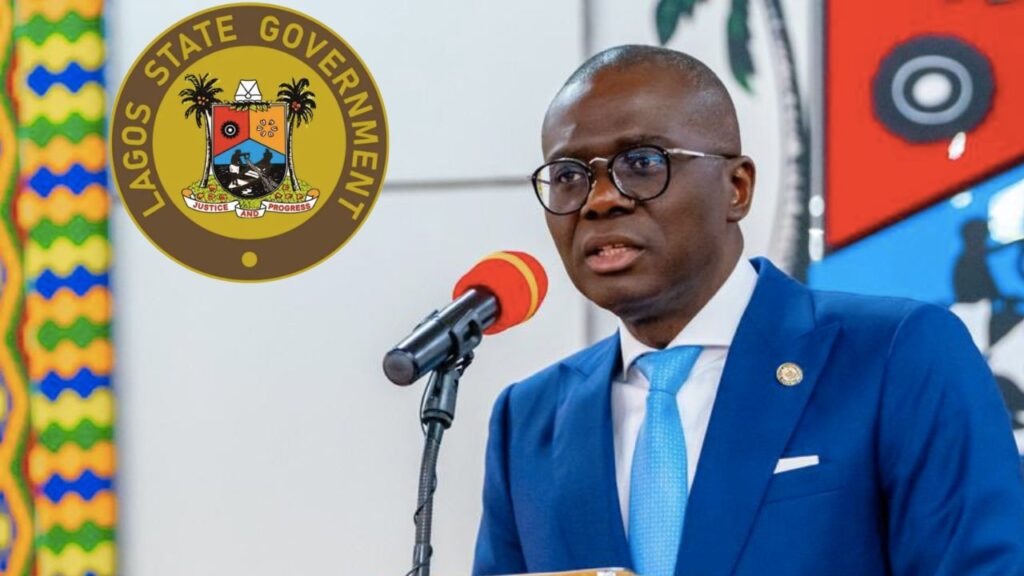The Lagos State Domestic and Sexual Violence Agency (DSVA) recently hosted a symposium aimed at improving the response to Sexual and Gender-Based Violence (SGBV) by strengthening the role of Civil Society Organizations (CSOs).
The event, held at Protea Hotel in Ikeja, was part of the month-long awareness campaign for domestic and sexual violence.
DSVA’s Executive Secretary, Titilola Vivour-Adeniyi, underscored that while the government is responsible for ensuring justice and protecting citizens, CSOs are essential partners in closing the gaps in survivor-focused interventions.
READ ALSO: Lagos govt begins comprehensive survey of private schools
She called for deeper collaboration and for all attendees to work together to create actionable strategies for a safer Lagos.
Ajibola Ijimakinwa, the State Project Coordinator for the Rule of Law and Anti-Corruption (RoLAC) programme, supported this view, highlighting that CSOs are vital for giving a voice to marginalised communities and supporting state institutions.
The symposium featured three main sessions that delved into the evolving roles of CSOs, the importance of a survivor-centered approach, and the need to improve referral pathways within Lagos State.
Speakers noted that CSOs are crucial as advocates, service providers, and community mobilizers.
They stressed the importance of challenging harmful social norms, protecting survivor dignity, ensuring confidentiality, and providing access to timely, high-quality services.
Key challenges identified during the discussions included poor information sharing, duplication of services, stigma, a lack of adequate shelters, and limited resources.
Participants proposed several solutions, such as creating a unified referral directory, using technology for digital case management, and increasing public awareness of survivors’ rights.
READ ALSO: Lagos APC rejects Udenta’s collapse prediction
The symposium, supported by the RoLAC Programme, concluded with a call for CSOs and the government to prioritise coordination, compassion, and a survivor-centered approach rather than competing.
The main action plans agreed upon focused on establishing proper documentation systems, improving communication among CSOs, and adopting a unified referral protocol to ensure survivors are at the heart of all interventions.



